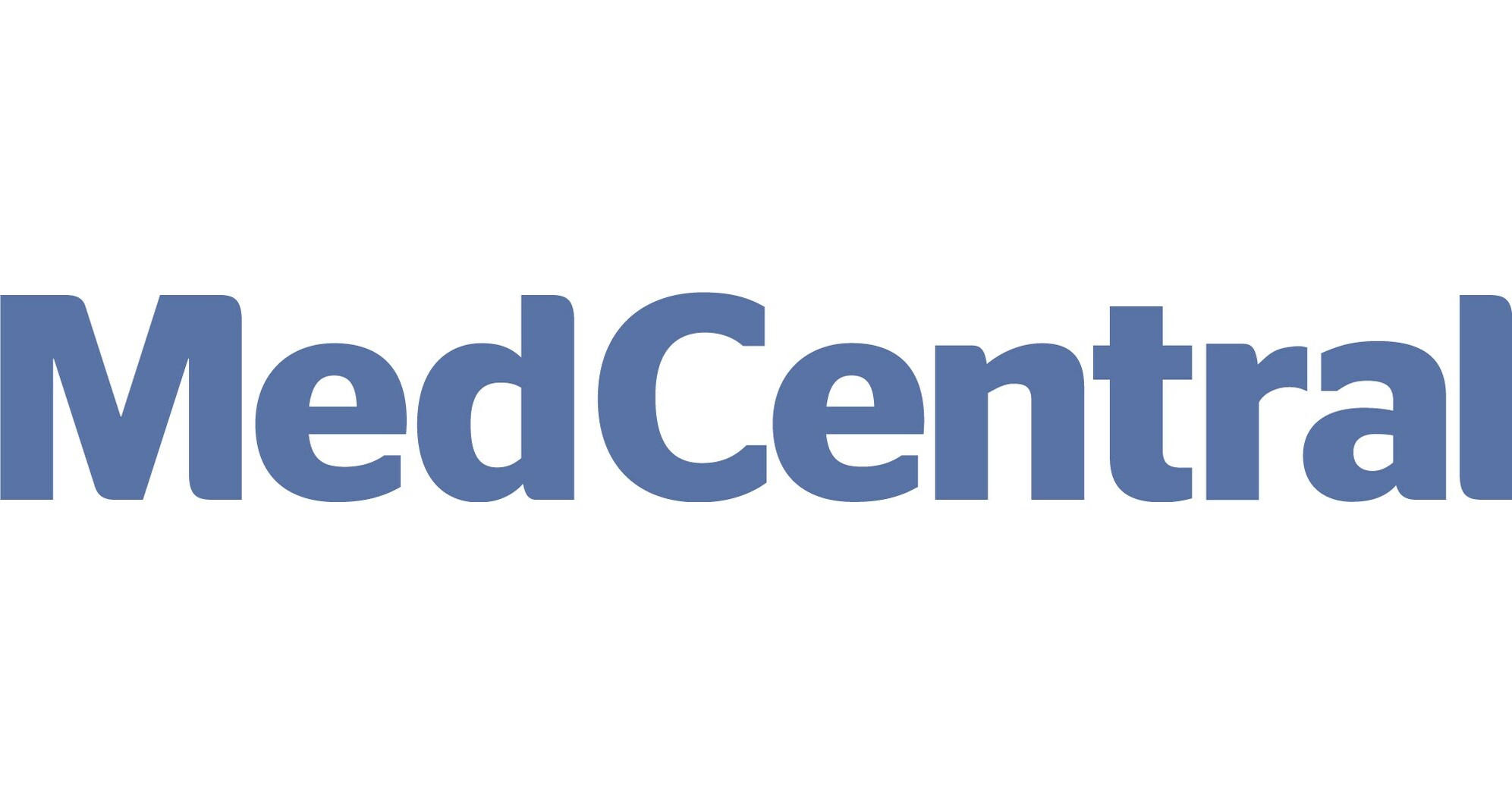
Editor's Note Research shows using GLP-1 receptor agonists both before and after bariatric surgery is associated with greater total weight loss than surgery alone, according to a July 13 article in MedPage Today. The article focuses on a retrospective analysis of 568 patients presented at ENDO 2025, the annual meeting…

Editor's Note Using 3D-printed anatomical models during preoperative consultations significantly improved shared decision-making (SDM) and modestly reduced anxiety in colorectal surgery patients, according to a June 3 study published in JAMA Network Open. The single-center, cluster randomized clinical trial enrolled 51 adult patients scheduled for colon or rectal resection due…

Editor's Note A new international consensus offers the first multidisciplinary definition and set of recommendations for group-based preoperative education programs, sometimes referred to as “surgery schools.” Published June 21 in the British journal Anaesthesia, the expert-driven guidance aims to improve patient preparation, experience, and recovery for those undergoing major elective…

Editor's Note Low-dose dexmedetomidine effectively stabilizes blood pressure and heart rate during key perioperative stages in gastrointestinal tumor patients with moderate to severe anxiety, according to a July 1 study published in BMC Psychiatry. Researchers enrolled 100 patients undergoing elective laparoscopic gastrointestinal tumor resection. Anxiety levels were measured using…

Editor's Note Patients taking GLP-1 receptor agonists (GLP-1 RAs) do not need to discontinue these medications before undergoing anesthesia but should follow extended preoperative fasting protocols to reduce aspiration risk, according to a June 5 article in Medscape. As detailed in the article, this recommendation comes from a new multidisciplinary…

Editor's Note New clinical guidelines emphasize that safe and equitable perioperative care for transgender and gender-diverse (TGD) patients hinges on affirming communication, tailored medical assessments, and culturally competent practice. According to a peer-reviewed article published in the June issue of Nursing, perioperative teams must adopt evidence-based, inclusive approaches to better…

Editor's Note Research shows using 3D-printed anatomical models during preoperative counseling can improve patients’ involvement in shared decision-making (SDM) and reduced anxiety ahead of colorectal surgery, although only the improvement in SDM met the study’s threshold for clinical significance. Published June 3 in JAMA Network Open, the single-center trial included…
Editor's Note Amid a lack of focus and lack of resources on perioperative mental health, alleviating patient anxiety and preventing poor surgical outcomes requires creative solutions. This is the central argument of a May 12 commentary in The Conversation by Renée El-Gabalawy, a clinical psychologist and associate professor at the…

Editor's Note Preadmission clinics (PACs) are supporting perioperative care by reducing complications, shortening hospital stays, and improving surgical outcomes—particularly for high-risk patients. As detailed in the April 2025 edition of ASA Monitor from the American Society of Anesthesiologists (ASA), PACs operate as multidisciplinary outpatient hubs where medical optimization, risk assessment,…

Editor's Note Helping patients taper opioids preoperatively before deploying multimodal care strategies can help prevent instances of patients already with prescriptions going home with even higher doses. That’s the main takeaway from an April 22 MedCentral interview with Marie N. Hanna, MD, division chief for regional anesthesia and acute pain…